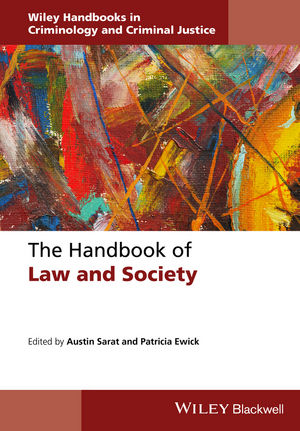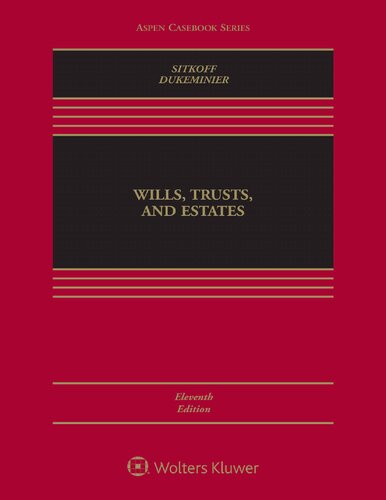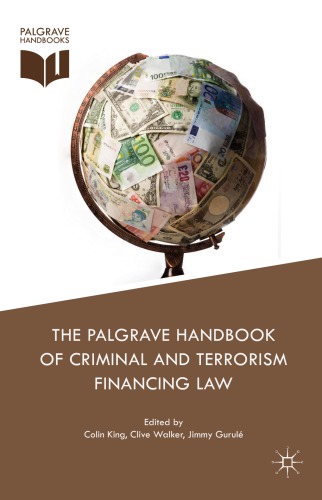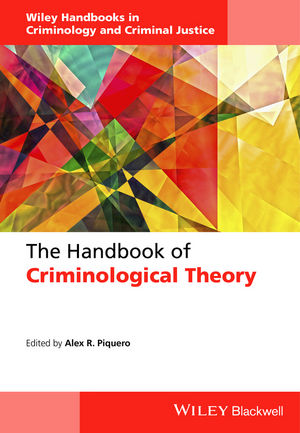The Legal Writing Handbook: Analysis, Research, and Writing 8th Edition by Laurel Currie Oates, ISBN-13: 978-1543830415
[PDF eBook eTextbook]
- Publisher: Aspen Publishing; 8th edition (February 28, 2021)
- Language: English
- 1008 pages
- ISBN-10: 1543830412
- ISBN-13: 978-1543830415
The Legal Writing Handbook offers a complete resource on legal writing. Part I provides students with an introduction to the U.S. Legal System; Part II gives an overview of legal research, with both an introduction to sources and to research strategies; Part III introduces students to predictive memos, e-memos, and client letters; Part IV covers motion briefs; Part V offers an overview of appellate briefs; Part VI introduces oral advocacy; Part VII is a guide to effective writing; Part VIII is a guide to correct writing; and Part IX focuses on the needs of ESL writers.
With a new streamlined organization and completely updated content, this is the only book on legal writing students will ever need.
New to the Eighth Edition:
- Streamlined organization with chapters focused on key topics
- New appendix with easy reference to all the Quick Tips to improve legal writing
- Updated and added discussion throughout the book on the role of bias in legal language and argumentation
- A new chapter introducing rhetoric and bias
Professors and student will benefit from:
- Given the breadth of coverage, the book can be easily adapted for two-, three-, or four-semester programs.
- Multiple examples and sample documents—this text demystifies legal writing.
- Helpful overview of the American legal system
- Step-by-step instruction on how to write formal memos, e-memos, and opinion letters
- Step-by-step instruction on how to write motion and appellate briefs
- In-depth instruction on how to write and edit effectively and correctly
- Resources for ESL law students
Table of Contents:
Preface
Acknowledgments
Part I:Introduction
Chapter 1:Making the Transition
Chapter 2:The United States Legal System
Chapter 3:Mandatory vs. Persuasive Authority
Chapter 4:Reading Statutes
Chapter 5:Reading Cases
Part II:Legal Research
Chapter 6:Primary Authority
Chapter 7:Secondary Authority
Chapter 8:Finding Tools
Chapter 9:Citators
Chapter 10:Developing Effective Research Strategies
Part III:Formal Memos, E-Memos, and Advice Letters
Chapter 11:Drafting Memos
Chapter 12:Getting the Assignment
Chapter 13:Drafting the Heading and Statement of Facts
Chapter 14:Drafting the Issue Statement and Brief Answer
Chapter 15:Drafting the Discussion Section
Chapter 16:Drafting the Formal Conclusion
Chapter 17:Revising, Editing, and Proofreading the Memo
Chapter 18:Drafting Memos Requiring Other Types of Analysis
Chapter 19:E-Memos
Chapter 20:Drafting Advice Letters
Part IV:Motion Briefs
Chapter 21:Introduction to Rhetoric and Bias
Chapter 22:Motion Briefs
Chapter 23:Deciding on a Theory of the Case
Chapter 24:Drafting the Caption and the Introduction
Chapter 25:Drafting the Statement of Facts
Chapter 26:Ordering the Issues and Arguments
Chapter 27:Drafting the Issue Statements
Chapter 28:Drafting the Argumentative Headings
Chapter 29:Drafting the Arguments
Chapter 30:Drafting the Prayer for Relief and Signing the Brief
Chapter 31:Sample Briefs
Part V:Appellate Briefs
Chapter 32:Practicing Before an Appellate Court
Chapter 33:Drafting an Appellate Brief: Audience, Purpose, and Conventions
Chapter 34:Getting the Case: United States v. Josephy
Chapter 35:Preparing to Write the Brief
Chapter 36:Planning the Brief
Chapter 37:Beginning the Appellate Brief: The Cover, Tables, and Jurisdictional Statement
Chapter 38:Drafting the Statement of Issues Presented for Review
Chapter 39:Drafting the Statement of the Case and Statement of Facts
Chapter 40:Drafting the Summary of the Argument
Chapter 41:Drafting the Argumentative Headings
Chapter 42:Drafting the Arguments
Chapter 43:Completing the Brief
Chapter 44:Sample Briefs
Part VI:Oral Advocacy
Chapter 45:Preparing and Presenting an Effective Oral Argument
Part VII:A Guide to Effective Writing
Chapter 46:Effective Writing – The Whole Document
Chapter 47:Connections Between Paragraphs
Chapter 48:Effective Paragraphs
Chapter 49:Connections Between Sentences
Chapter 50:Effective Sentences
Chapter 51:Effective Words
Chapter 52:Bias-Free Language
Chapter 53:Eloquence
Part VIII:A Guide to Correct Writing
Chapter 54:Grammar
Chapter 55:Punctuation
Chapter 56:Mechanics
Part IX:A Guide to Legal Writing for English-as-a-Second-Language Writers
Chapter 57:Legal Writing for English-as-a-Second-Language Writers
Appendix: Quick Tips About Writing
Glossary of Usage
Glossary of Terms
Index
What makes us different?
• Instant Download
• Always Competitive Pricing
• 100% Privacy
• FREE Sample Available
• 24-7 LIVE Customer Support




Amelia Parker (verified owner) –
Very impressed with the speed of service.